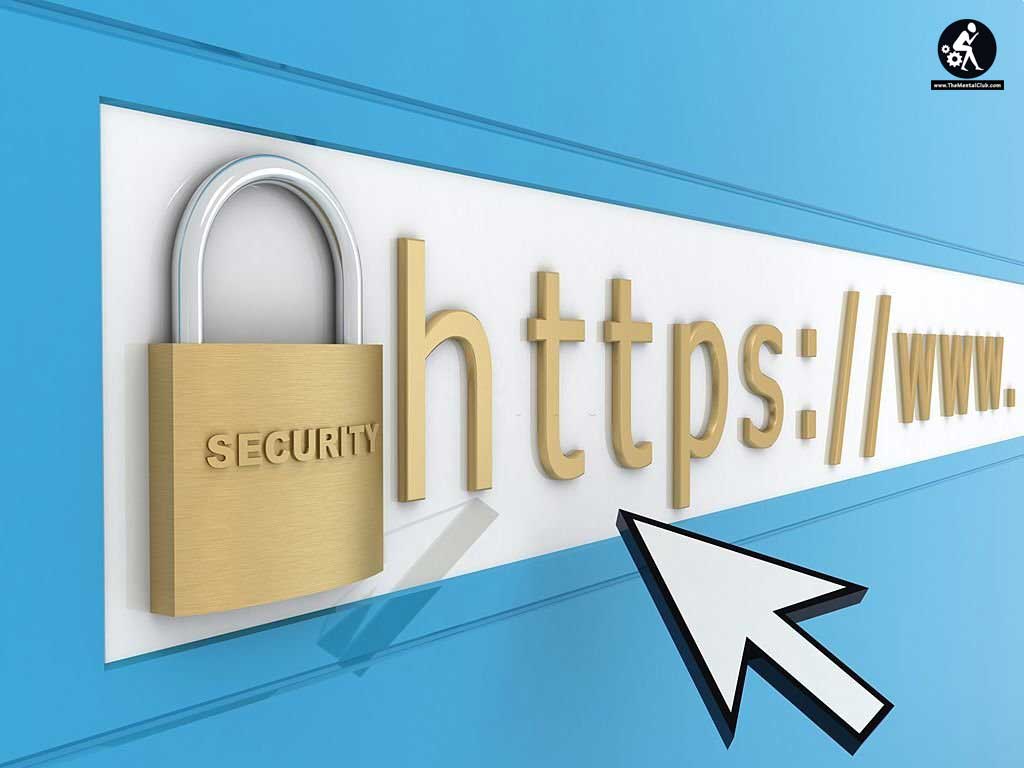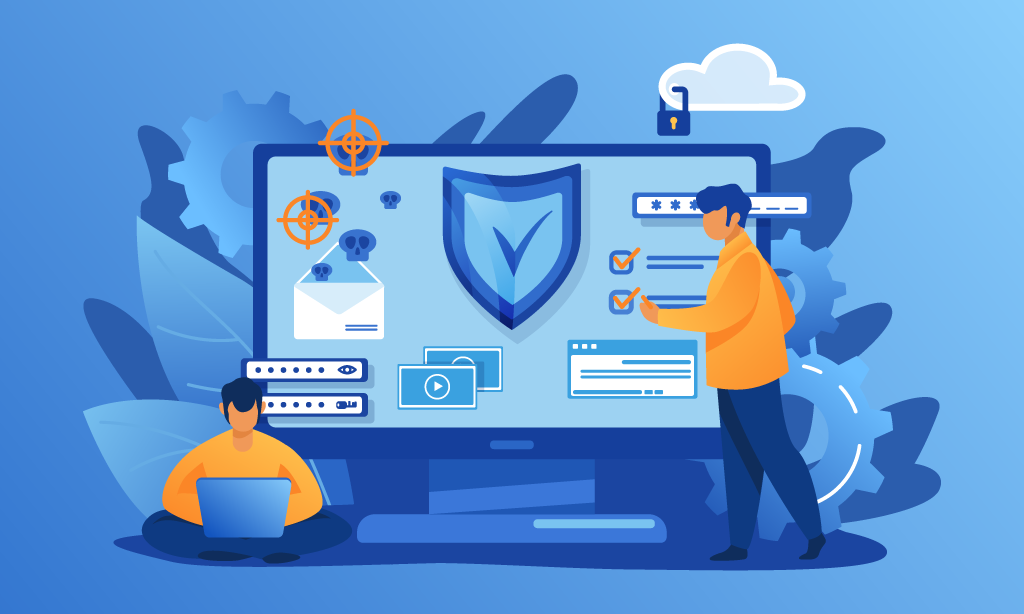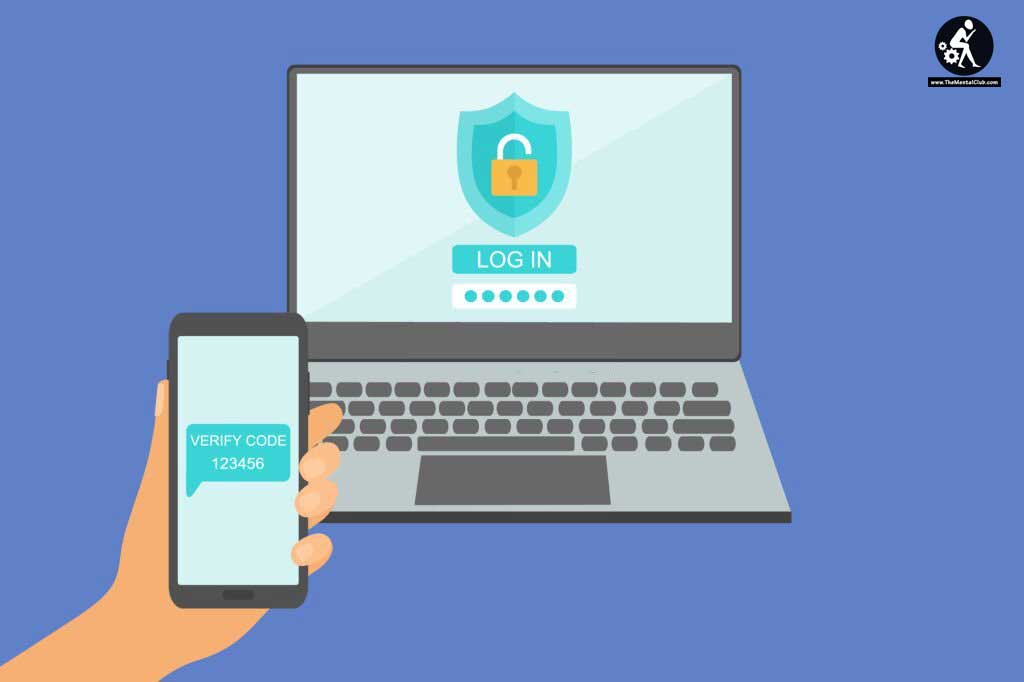Cyber threats today are becoming quite complicated and sophisticated. This is requiring security provided by web hosting service providers should now provide top-notch security. It is key to ensure the website is on a secure hosting server. Moreover, it should also offer the best security practices.

Let us now have a good look at the security features a web hosting service should be able to provide.
Level of Software Security
Top-notch hosting service providers often provide and implement the best software security features. This helps ensure the websites are running on the latest versions of the most secure software.
Firewall protection helps block unauthorized access to websites. It even helps prevent further malicious and harmful attacks. Moreover, it even helps in malware scanning and removal. It helps identify and remove malicious code that has infected a website.
Additionally, numerous web hosting service providers offer timely and regular software updates. They also offer patches to control system vulnerabilities.
SSL Certification
Secure Sockets Layer (SSL) is a security protocol. It helps encrypt data exchanged between a browser and a dedicated hosting server. What it does is keeps private information safe from third parties. Usernames, Passwords, Billing details, and Credit card details are among the sensitive information it protects.

The presence of an SSL certificate can force websites to use HTTPS. It helps improve both the SEO and overall performance. Plus it is more secure than HTTP.
Provision of Backup and Restoration Services
Websites can go down due to the following reasons:
- Cyber attacks.
- Natural disasters.
- Hardware malfunctioning and failing.
- Human mistakes.
Dependable backup and restoration services ensure the safe recovery of a website’s data, especially in case of these incidents.
See posts: The Benefits of Using Managed IT Services
Flawless DDoS Protection
Distributed Denial of Service (DDoS) attacks are dangerous. They overload a website with bogus traffic from many sources. Authentic users unfortunately face access issues to these sites and other online resources.

The outcome is disastrous. Expensive downtime plus considerable damage to the business and its reputation. Working with a robust and top-quality DDoS protection service provider can hence prevent these attacks. It helps ensure the website is both accessible and secure seamlessly.
Web hosting service providers also provide DDoS protection. They use algorithms to block suspicious traffic before such traffic is able to reach the server. Secure web hosting services also have advanced filtering mechanisms. They can easily distinguish between authentic and fake traffic.
Monitoring the Network
Network monitoring involves regular scans of the website’s network and server infrastructure. It is done to see any unusual activity (unauthorized attempts at access or suspicious traffic patterns). This helps for hosting service providers detect and respond to potential incidents before websites are harmed. This also helps protect sensitive data.

Support from Content Delivery Networks (CDNs)
Content delivery networks (CDNs) help cache website content on servers. They do it on both local ones and also those located in various locations on the planet. They retrieve content from the server closest to website visitors instead of the primary server.
Hence setting up a CDN helps reduce website loading times. It even helps a website’s performance. A lot of CDNs also offer DDoS protection to prevent these attacks. They also help keep problematic traffic away from websites.
Best practices for protecting websites and keeping them secure
Apart from having a secure hosting service at hand, it is key to implement best practices for securing websites. These measures should also be taken by businesses on their own to protect their sites from security problems.

Here are some of them:
Regular Data Backups
Backups help restore a website quite quickly. Even those who faced a technical issue or got hacked are saved easily. Data can either be backed up manually or can be scheduled via automated backups.
Most cheap dedicated hosting server providers recommend storing additional backups. This can be done on local computers or hard drives. This is important if a web hosting service provider retains backup for a short time span.
Using SSL Encryption
Secure Sockets Layer (SSL) Encryption is important. It ensures secure access to, and from a website. This helps protect the sensitive data and information of customers. If SSL certificates are not provided by hosting services, they can be purchased from an SSL certificate authority.
Once a website has obtained an SSL certificate, a padlock icon is displayed next to the site’s URL. Visitors can click on it to view the key details of the certificate.
Experts recommend SFTP over FTP
Secure File Transfer Protocol (SFTP) is much better. It is recommended for usage instead of File Transfer Protocol (FTP). The former encrypts all data, especially login credentials and transferred files. Not only does it prevent attackers from peeping and eavesdropping but also from stealing and damaging data. SFTP also uses a different port from FTP. Attackers are deterred from targeting SFTP connections.
Removal of Unused Applications
Here are the vulnerabilities criminals take advantage of to access websites:
- Poorly configured web servers.
- Coding problems.
- Flaws in design.
- Form validation processes missing.
Hence, it is wise to monitor all applications regularly. Ones that are either unused or compromised should be removed. Also, deleting outdated and unused themes and plugins also helps in improving website security (especially WordPress).
Changing Passwords after Certain Time Periods and Margins
Hackers can easily compromise weak passwords. This puts the whole website, user accounts, and sensitive information at high risk.

Cybersecurity professionals and industry experts recommend changing passwords after every three to six months. The process can be made easy through a password manager for generating and storing all passwords. This software helps avert password fatigue. It also prevents the same password to be used for multiple accounts.
Conclusion
Regardless of whether or not companies are using virtual private servers or Chicago dedicated servers, they need to take some security measures on their own too. They need to make sure their websites and other online portals are safe, secure, and protected from unwanted online attacks.
This is why they need to change their passwords, remove unused apps, use SSL encryption and other top-notch security protection measures plus regular data backups. That way, they will keep their website secure at all times.


































